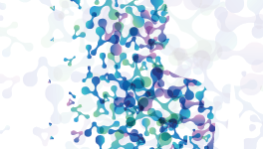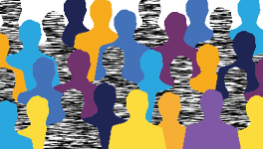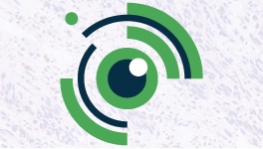Amyloidosis may be rare, but its impact is anything but small. Patients with this complex, multisystemic condition often endure delayed diagnoses, fragmented care, and missed opportunities for intervention. For clinical teams who care for these patients—across cardiology, hematology, neurology, primary care, and beyond—the road to recognition and coordinated treatment can be daunting and complex. That’s why the International Cardio-Oncology Society (IC-OS) and The France Foundation (TFF) created “BEACON: Building Effective Amyloidosis Care Networks”—a comprehensive educational initiative designed to strengthen connections between amyloidosis centers of excellence and frontline clinical teams.
Bridging Gaps That Delay Diagnosis & Disrupt Care
Patients with amyloidosis often interact with multiple specialists before receiving an accurate diagnosis and comprehensive care; this insight acts as the foundation of BEACON. These delays and missed connections aren’t just inconvenient for patients, they have the potential to lead to irreversible organ damage and compromised treatment response. In order to give clinical teams the tools they need to find and care for these patients, this initiative seeks to bring together:
- GOLD centers of excellence, providing expert guidance and oversight
- SILVER centers, engaging in advanced virtual education and training
- BRONZE centers, receiving Grand Rounds designed to elevate early recognition and referral
The result is a coordinated care network where clinicians at every level are empowered to recognize, diagnose, treat, and monitor patients with amyloidosis with confidence and clarity. For physicians, physician associates, nurse practitioners, pharmacists, genetic counselors, and others across the care team, BEACON offers:
- Timely Recognition Strategies
Learners examine typical and atypical symptom clusters, understand diagnostic pathways, and reduce time-to-diagnosis for immunoglobulin light chain amyloidosis (AL amyloidosis), transthyretin amyloid cardiomyopathy (ATTR-CM), and transthyretin amyloid polyneuropathy (ATTR-PN) subtypes - Treatment Insights
With several new therapies recently approved–and more in the pipeline–BEACON helps clinicians compare current and emerging treatment options and understand how to build personalized care plans - Multidisciplinary Collaboration
Through regional learning collaboratives, learners discuss roles across the care team and identify strategies for care coordination, even in non-specialist settings - Post-Diagnostic Monitoring Approaches
Learners explore practical tools for tracking disease burden and evaluating treatment effectiveness over time
From structured, immersive case discussions to interactive on-demand content and action planning tools, every aspect of BEACON is designed to support education and behavior change alike.
Executing Education Collaboratively in Support of Clinical Excellence
Disseminating content is one thing, building infrastructure in support of real change is another; cooperation is imperative not only among clinical care teams, but within our own ranks as continuing medical education providers. As such, our team of experts is proud to work alongside others at IC-OS and empower institutions to become regional leaders in amyloidosis care, strengthen referral networks, and ensure patients benefit from earlier intervention.
Collaboration is at the core of this program, and we’re providing clinicians across specialties with the resources they need to build smarter systems for their practices. Only by working together can we ensure that clinical teams are connected and confident so that their patients are seen and supported in kind.
If you’d like to learn more about IC-OS, visit their website here: https://ic-os.org/.
Partner With The France Foundation
Feel free to contact us using the form below to discuss how we can collaborate and support your educational goals.






